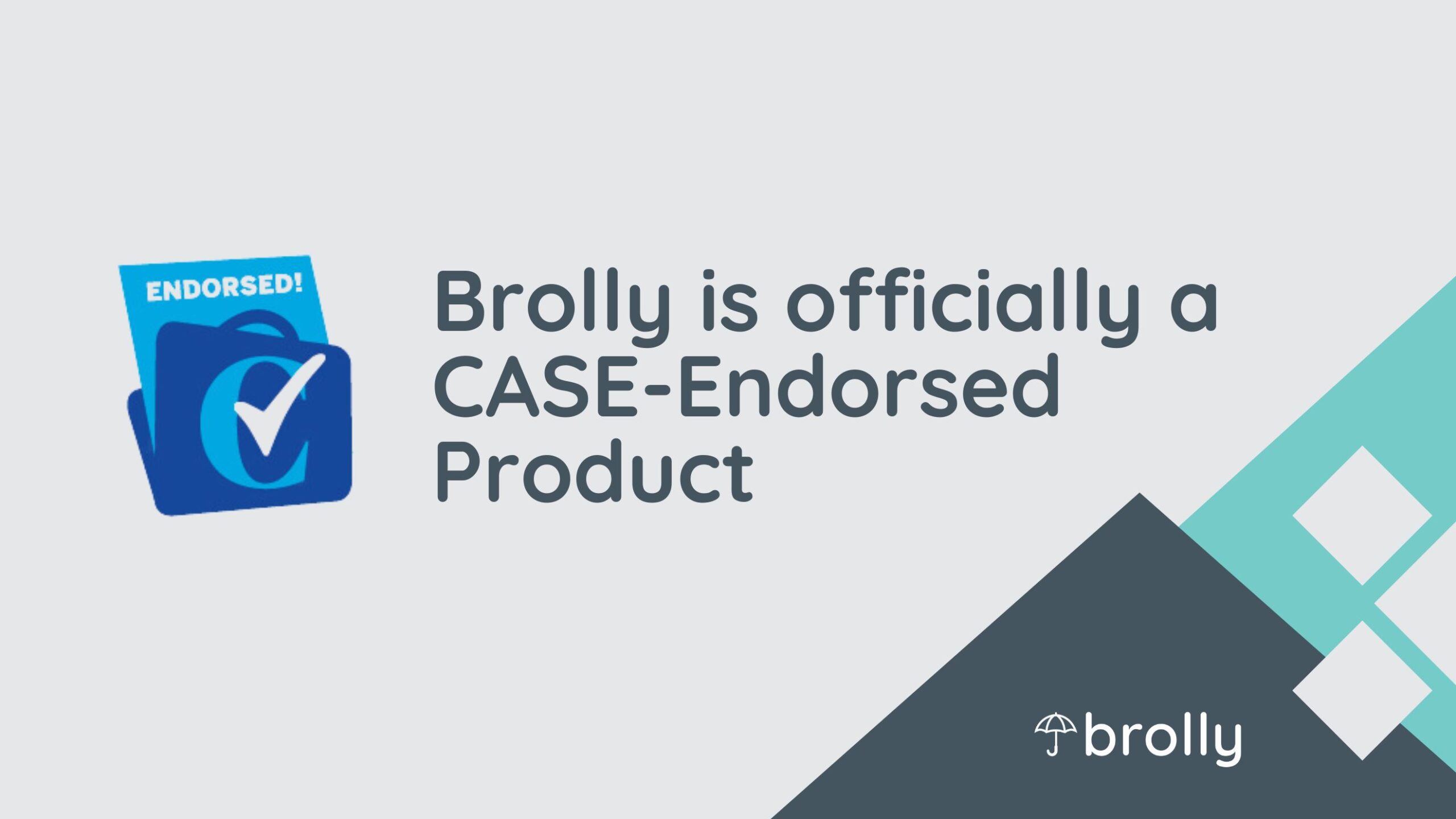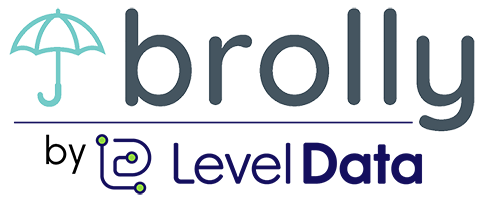Standardizing
Data- Based IEP Meetings
Standardizing Data-Based IEP Meetings
District leaders spend considerable time making difficult decisions within the context of IEP meetings. The volume of data available to district leaders can be a support and a challenge to the decision making process. It is difficult to discern what data is essential for each decision and how the essential data can be made accessible for all stakeholders. It is critical to get these decisions right as they impact student outcomes, budget, and staffing.

During IEP meetings, teams spend most of the time reviewing every piece of data about a student, but then rush the part of the meeting where the team uses this data to make decisions. The portion of the meeting where information is downloaded is disproportionate to the time spent using this data to make decisions. In order to best serve students, more time should be spent making decisions using data. Taking time to establish a protocol for data-based IEP meetings will help districts improve meeting efficiency and efficacy.
Your protocol should ensure that:
- data is used purposefully
- space is provided for collaborative data analysis
- data is accessible to ensure equitable participation by stakeholders
When district leaders consider how to do this, it’s important to ask questions of where your district currently is and where it district needs to go in order to establish a protocol. One possible framework of questions to assist this process is outlined below:
1. Standardize District Data Points Utilized During IEP Meetings
• How will you track math, literacy, behavior, IEP goal, and related service progress?
• How will you track the frequency of special education services?
2. Select System for Tracking and Analyzing Data Points
• What system will you use to efficiently collect and analyze data points for each area?
• What system will you use that produces data in ways that are digestible by all stakeholders?
3. Determine Data Aligned with Primary Purpose of IEP Meeting
• What is our purpose in this IEP meeting?
• What decisions are we trying to make?
• What data points will align with this purpose to support our decision making?
4. Plan for Preparation and Analysis of Data with IEP Team Members
• Based on the established district data plan, who is responsible for each piece of data?
• How will the team need to make adjustments to their routines to gather this data?
• Are any resources needed for this plan?
• Working backwards from the IEP meeting, when will data collection, review, and analysis need to take place?
• When will data be shared with all stakeholders?
• How can the IEP team members share data in a format and language that is digestible for all stakeholders?
5. Standardize Agenda for Data-Based IEP Meetings
• What time will be allocated to each portion of the IEP meeting to maintain a focus on data based decision making?
• Who will keep track of time?
• Who will facilitate meeting to develop consensus?
• What needs to be done before and during meeting to ensure all voices are heard?
6. Reach Consensus and Memorialize Data-Based Decisions in the IEP
• Where and how do the decisions need to be entered into the IEP document?
• How will the team need to utilize data to measure the efficacy of the data based decisions?
Sample IEP Meeting Standard
Below is an example of how an IEP team would use the above protocol to make a decision about terminating speech services for a student.
1. Standardize District Data Points Utilized During IEP Meeting
Questions to consider |
Sample meeting |
| How will you track math, literacy, behavior, IEP goal, and related service progress? | The district measures reading, writing, and math data through grade wide benchmark assessments administered quarterly. |
| How will you track the frequency of special education services? | For speech services the district measures progress on goals and session attendance via Brolly |
2. Select System for Tracking and Analyzing Data Points
Questions to Consider |
Sample Meeting |
| What system will you use to efficiently collect and analyze data points for each area? What system will you use that produces data in ways that are digestible by all stakeholders? | Speech services data is collected through Brolly and exported into stakeholder friendly reports. The district measures for reading, writing, and math data are tracked via a benchmark system. This system produces stakeholder friendly reports showing areas of proficiency and areas for improvement. Graphs of progress are also able to be produced. |
3. Determine Data Aligned with Primary Purpose of IEP Meeting
Questions to Consider |
Sample Meeting |
| What is our purpose in this IEP meeting? | This IEP meeting is examining annual progress for the student and making adjustments to services as applicable. |
| What decisions are we trying to make? | The team is considering termination of speech services. |
| What data points will align with this purpose to support our decision making? | The team will examine mastery of IEP goals with a special focus on speech goals and literacy goals, benchmark assessments in literacy, and speech evaluations. |
4. Plan for Preparation and Analysis of Data with IEP Team Members
Questions to Consider |
Sample Meeting |
| Based on the established district data plan, who is responsible for each piece of data? | The speech and language services provider will conduct the speech evaluations and produce the reports from Brolly. The case manager will gather benchmark reports for literacy. |
| How will the team need to make adjustments to their routines to gather this data? | There are no needed adjustments to provider routines to gather this data as the systems in place collect this data on an on-going basis. The speech provider will use session time to conduct assessments of speech and language skills. The benchmark assessments are administered on the school schedule |
| Are any resources needed for this plan? | No additional resources are required at this time. |
| Working backwards from the IEP meeting, when will data collection, review, and analysis need to take place? | The team will bring together data for review at least ten days prior to the IEP meeting. |
|
When will data be shared with all stakeholders?
|
The team will provide copies of the IEP goals monitoring, benchmark assessment analysis, and speech and language evaluations to the parents at least a week prior to the IEP meeting. |
|
How can the IEP team members share data in a format and language that is digestible for all stakeholders?
|
The case manager will collaborate with the team to ensure the reports are sent home in an accessible format for the parent to review. This includes language, format, and opportunity for asking questions. The case manager will schedule pre-meeting with the family to discuss the data and answer any clarifying questions.
|
5. Standardize Agenda for Data-Based IEP Meetings
Questions to Consider |
Sample Meeting |
| What time will be allocated to each portion of the IEP meeting to maintain a focus on data based decision making? | This IEP meeting is scheduled for approximately 45 minutes. 15 minutes are allocated to review the data provided to all stakeholders in advance of the meeting, 15 minutes are allocated to discussing termination of speech services and any other updates to the IEP, 15 minutes are allocated to capturing the decisions of the meeting in the IEP including time for clarifying any other questions or concerns from all stakeholders. |
| Who will keep track of time? | The school social worker will keep time during this meeting. |
| Who will facilitate meeting to develop consensus? | The case manager will facilitate the meeting to ensure the purpose of terminating speech services stays at the center of the meeting. |
| What needs to be done before and during meeting to ensure all voices are heard? | Meeting ahead of the IEP meeting with the school team and separately with the parent allows all stakeholders to preview the data. Sharing the agenda transparently with all team members allows mutual accountability to stick with the purpose. |
6. Reach Consensus and Memorialize Data-Based Decisions in the IEP
Questions to Consider |
Sample Meeting |
| Where and how do the decisions need to be entered into the IEP document? | Based on data, the team decided to create a termination plan. Although the student was passing all of his classes and mastered his speech IEP goals, the student was not independently using the supports that the speech teacher has taught during sessions. The team decided to reduce the speech services to one monthly session and one consultation session with the classroom teacher. The speech goals are updated to reflect the new focus on transfer of speech strategies in the classroom with independence. |
| How will the team need to utilize data to measure the efficacy of the data based decisions? | The team will continue to monitor progress on new IEP goals and track service implementation for speech using Brolly. The team will share progress with all stakeholders monthly to ensure student mastery of speech strategies. The team will reconvene in three months to assess termination plan and make updates regarding speech services as is indicated by the data. |
A standard protocol for data-based IEP meetings assists district leaders in creating opportunities for stakeholders to refine student centered plans for progress. These protocols are nuanced based on the needs of the district and their students. District leaders can begin this process of standardizing protocols for data-based IEP meetings by reviewing the questions for reflection outlined above and selecting the first decision point to begin the work. Standardized protocols will provide an opportunity for all stakeholders to bring their expertise into each IEP meeting to make the best decisions for students.

